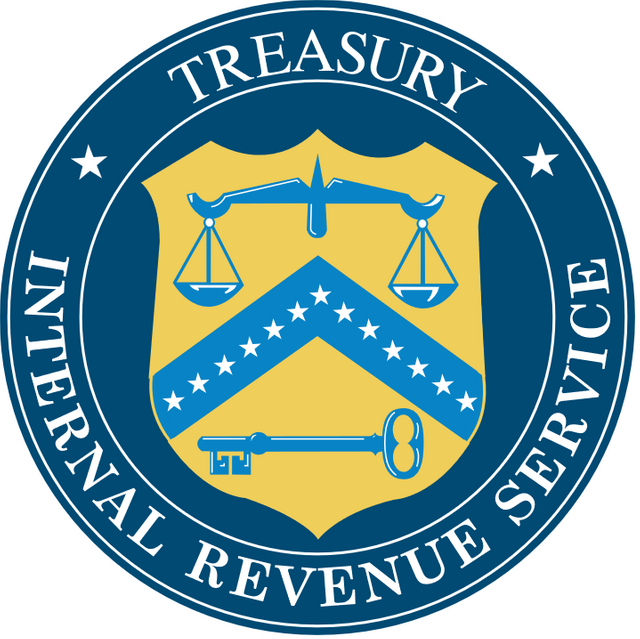Are Solo-401(k)s Magic Fairy Tax Dust? Spoiler: No

So I came across this post yesterday:
https://steemit.com/ira/@knircky/100-steem-bounty-looking-for-an-ira-that-can-potentially-do-crypto
And I shared my thoughts with the author.
He is looking for a way to hold cryptos in a rollover IRA. All well and good.
A couple of the commentators have mentioned that he should rollover to a solo 401(k) instead because you can contribute 10 times more to a 401k than you can to an IRA.
Sounds great on the surface, but does that actually work?
Like all tax questions, the answer is - it depends.
In the case we are talking about, we have a w-2 employee rolling over his qualified funds. Can you just open an LLC, create a solo 401k and start contributing 55k a year to it without paying any taxes?
No!
Contribution Limits

401k contributions are limited both in terms of the total (55000 USD for the year 2018) AND by your earned income.
Look at the contribution limits article from the IRS:
https://www.irs.gov/retirement-plans/one-participant-401k-plans
There are a couple different ways to calculate the contribution limits depending on how your business is structured, but let's look at an S-corp as it's the most common structure for these kinds of things.
In order to contribute 55k to the plan, here's how the math would work:
18,500 of your employee deferral + 25% of total compensation employer match = 55,000
Your total W-2 wages would have to be 146,000 USD for the year to be able to contribute the maximum 55,000 for the year.
Tax Implications
Of course, you still have to pay payroll taxes on those deferrals. And you'd end up with income( taxes on the portion of your wage that is not deferred.
The income taxes will depend on your family situation and your overall income. A single person would still end up with 24,002 in income taxes on that wage. A married person would be paying 17,388 on that wage.
The payroll taxes will be 20,156 USD (because you're paying both sides as employer and employee).
So is it worth paying 44k USD in income and payroll taxes in order to defer paying taxes on 55k? Not even close. Even at the new top marginal rate of 37% the income tax on 55k is 20k.
When Does a Solo 401k Make Sense?
A solo 401k makes a lot of sense if you already own a profitable business and are already paying yourself reasonable compensation.
In that case, you can reduce the income taxes you were already paying in the present by deferring some of your compensation into a qualified plan. More on whether that is actually a good idea or not in another post.
This is improved even more by the recent tax reform as the 25% employer match will reduce passthrough income, which already gets up to a 20% tax break under the new rules. So you get a 2-for-1 tax break on this portion.
The Wrap Up
Is the Solo 401k a way to somehow get 55k a year into a qualified plan and not pay any taxes? No.
Can the Solo 401k help reduce the tax liability for a business owner who is otherwise paying him or herself a high wage? Yes.
There Ain't No Free Lunch.
Upvoted ($0.21) and resteemed by @investorsclub
Join the Investors Club if you are interested in investing.
Congratulation nealmcspadden! Your post has appeared on the hot page after 122min with 6 votes.
I don't know, I read a lot of the comments on that post and they just make me happier with using my Roth as a fiat hedge, keeping it in a USD-denominated index fund, and not spending a lot of time on it. And I could probably convert to managed without any trouble, as we've got a wealth manager running my partners' larger IRAs. Starting from scratch has to be of questionable worth just on the time and brainpower investment.
I think your approach makes a lot of sense.
Personally I am more or less against qualified funds in general. The tax deferral strategy only works if your income is lower and tax rates are the same or lower in the future. And then there are problems with caps, limitations on activities, and the actual chances that the funds are left alone.
Of the hundreds or thousands of people I've seen with qualified funds, maybe 5% actually have something still in the account at retirement age. Of those, most just use the entire balance in the first couple years.
I have such a super-weird financial situation that I'm basically the ideal candidate for Roth as long as I can get enough EI to contribute to it. But I can see that it doesn't make as much sense for most typical workers as the pundits like to position it to be.